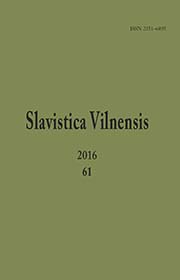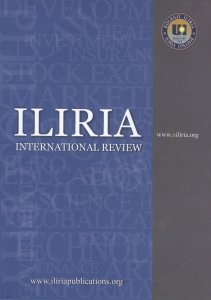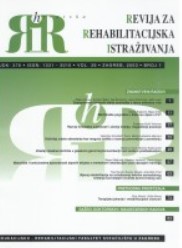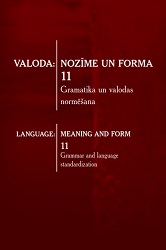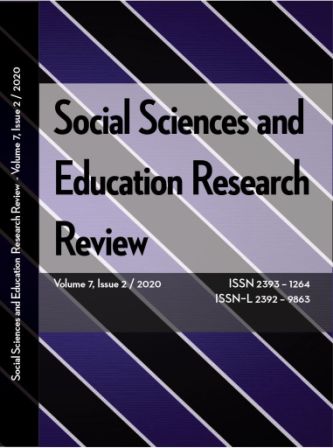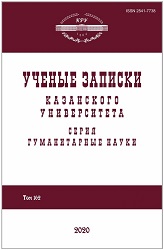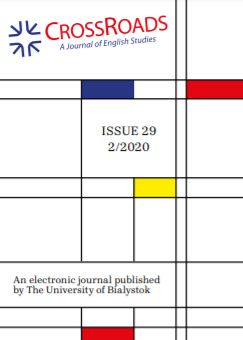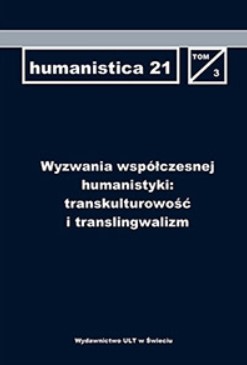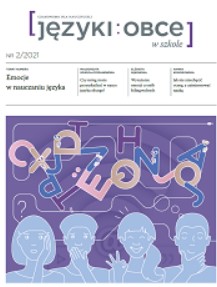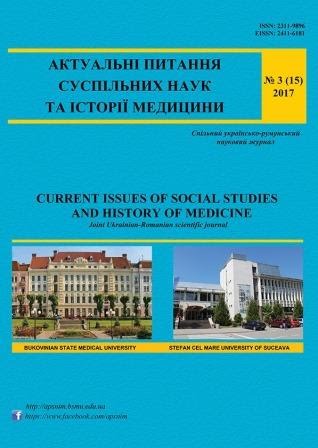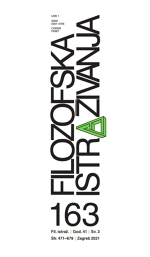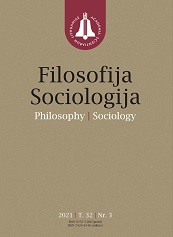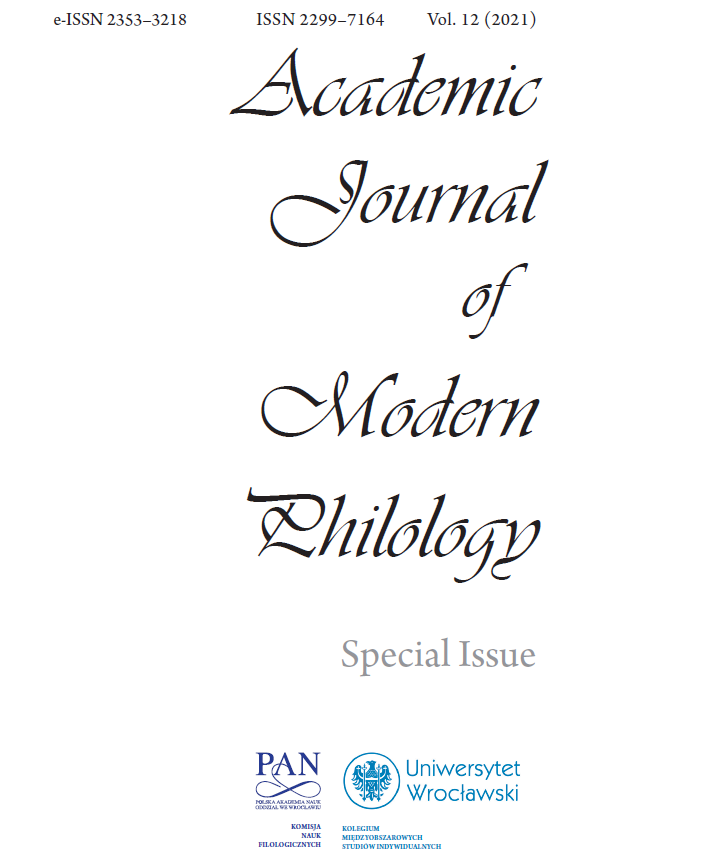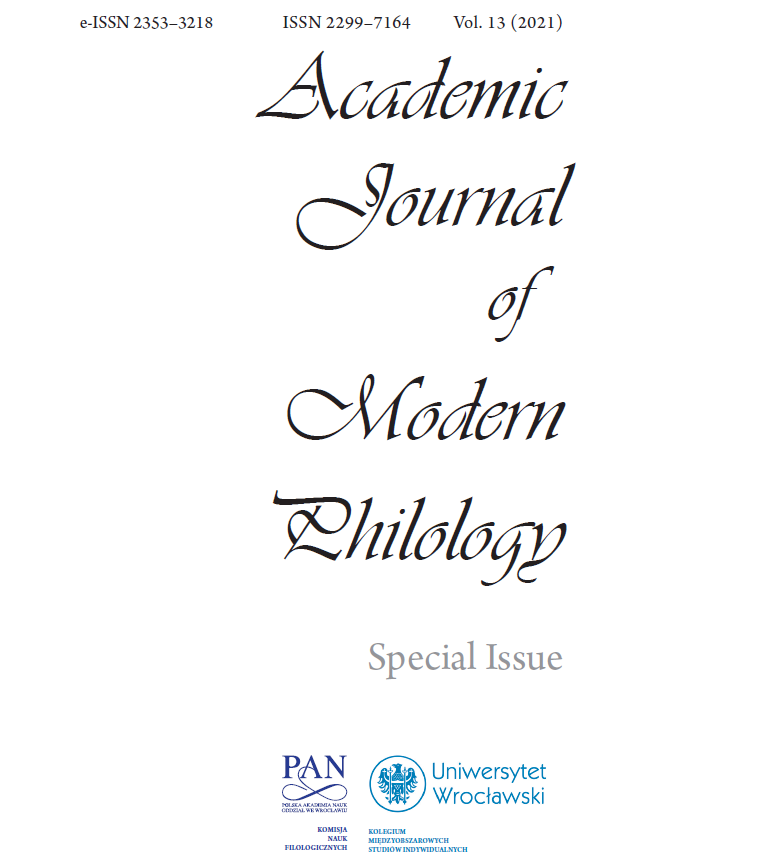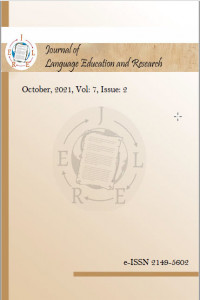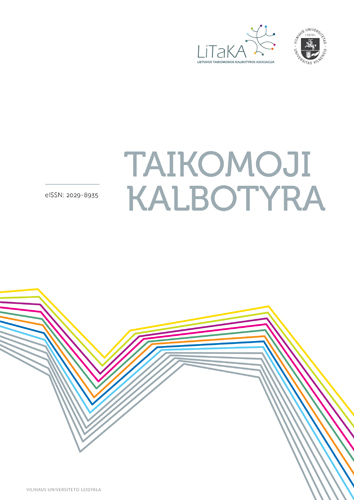
Lietuvių kalbos kaip svetimosios semantiškai motyvuotos daiktavardžių giminės atpažinimo ir skyrimo klausimai
The present study investigates how beginner adult students of Lithuanian as a foreign language assign natural gender to nouns. The grammatical category of gender is a complex phenomenon which belongs to the domains of syntax, morphology and semantics. As far as this paper is concerned, the assignment of grammatical gender is recognised as an academically challenging task to foreign language learners; however, the issue is still under-researched in the studies of Lithuanian as a foreign language. The aim of this study is to examine whether the beginner adult learners of Lithuanian as a foreign language rely on semantic or morphological clues when assigning natural gender, to identify the difficulties they encounter and the reasons for the difficulties. The paper analyses how learners assign natural gender to the nouns when their morphological and semantic clues conform, how they deal with gender conflict and how they assign indefinite gender to nouns. 15 Vilnius University students, who attended courses on Lithuanian as a foreign language, were asked to participate in an experimental task, which consisted of assigning a masculine or feminine pronoun to 50 different nouns. The participants were provided with both morphological form of a noun and its visual representation, i.e. the students were given pictures reflecting a biological sex of the referents. The empirical analysis of the material was based on the method of error analysis. The results of the study have revealed that the beginner learners of Lithuanian as a foreign language tended to rely more on semantic than morphological clues when assigning natural gender. As expected, most errors were made when the learners had to deal with gender conflict. It was also established that the participants of the experimental task performed worse on marked plural forms of nouns than on unmarked singular forms. Finally, it turned out that the learners made more errors when they had to assign gender to unknown nouns, which showed that they had not been prepared to use semantic or morphological clues for the purpose of identifying the gender of unknown words. Since a relatively small number of learners were involved in the study, its insights should be confirmed by further research. The study might be relevant to researchers of foreign language acquisition and foreign language teachers.
More...
